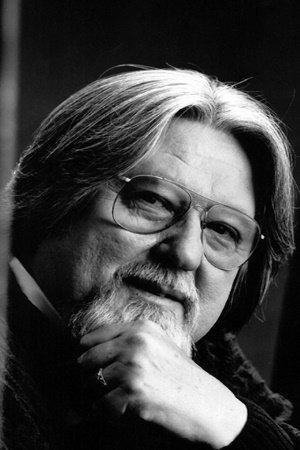
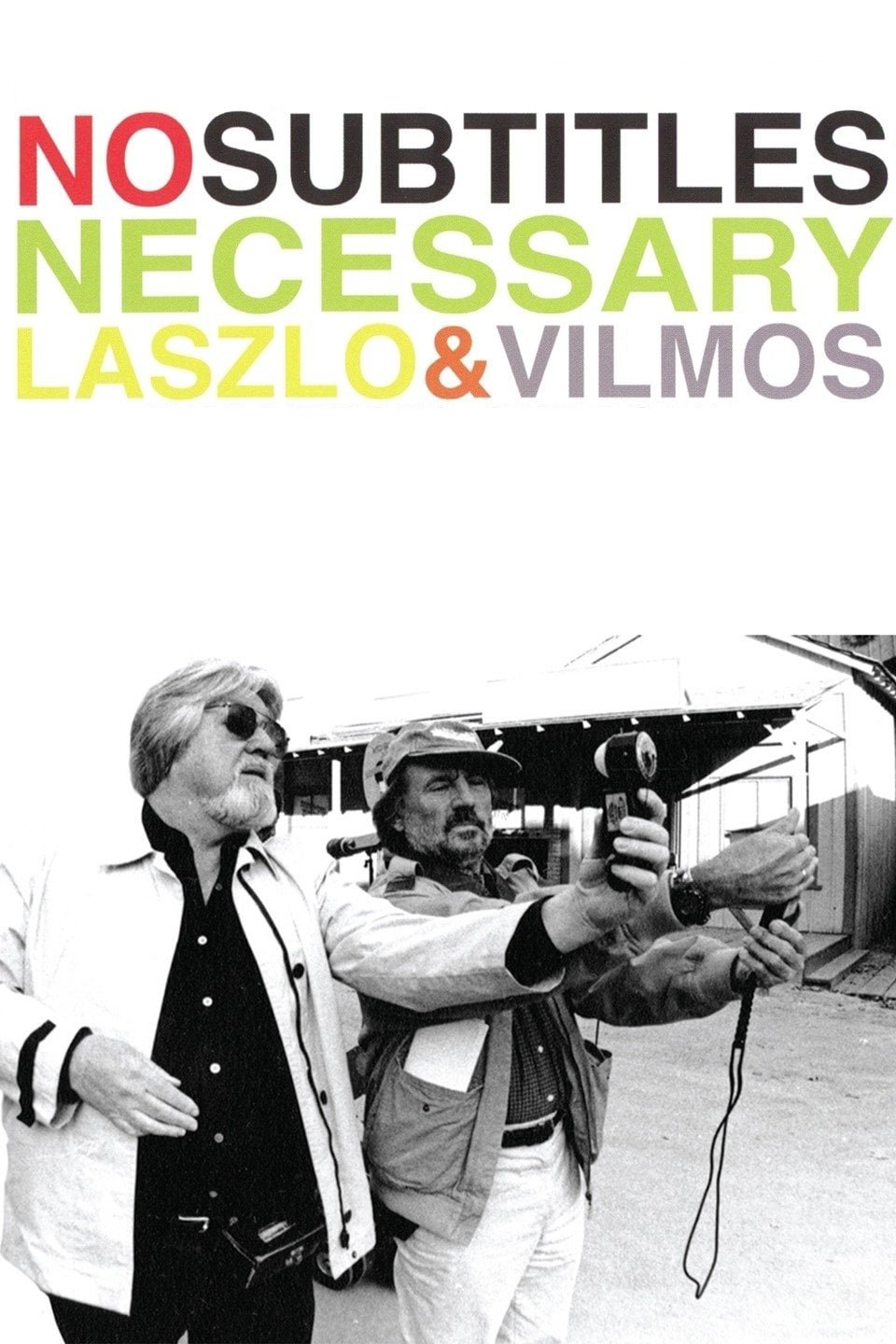
The artistry, triumph and lifelong friendship of the great cinematographers Laszlo Kovacs and Vilmos Zsigmond. With film school equipment, they shoot the Soviet crackdown of the 1956 Hungarian Revolution. As refugees they struggle in Hollywood, finally breaking into the mainstream with their pivotal contribution to the "American New Wave."

Made in 2005, this documentary traces the history of NY, NY, beginning with the formation of the producing partnership between Irwin Winkler and Robert Chartoff. It was they who developed the initial script with writer Earl Rauch. Winkler met Scorsese at a screening of Mean Streets, and when Scorsese heard that Winkler was developing a script set in the "big band" era, he asked to read it. Winkler and Chartoff discuss casting, and Scorsese and Kovacs discuss the look of the film. Editor Tom Rolf notes the irony (some might say the injustice) that Minnelli, who brought Kander & Ebb into the project, did not have a hit with the title song, which wasn't even nominated for an Oscar. It didn't get noticed until two years later, when Frank Sinatra recorded it. Today most people probably don't realize it was written for a movie.
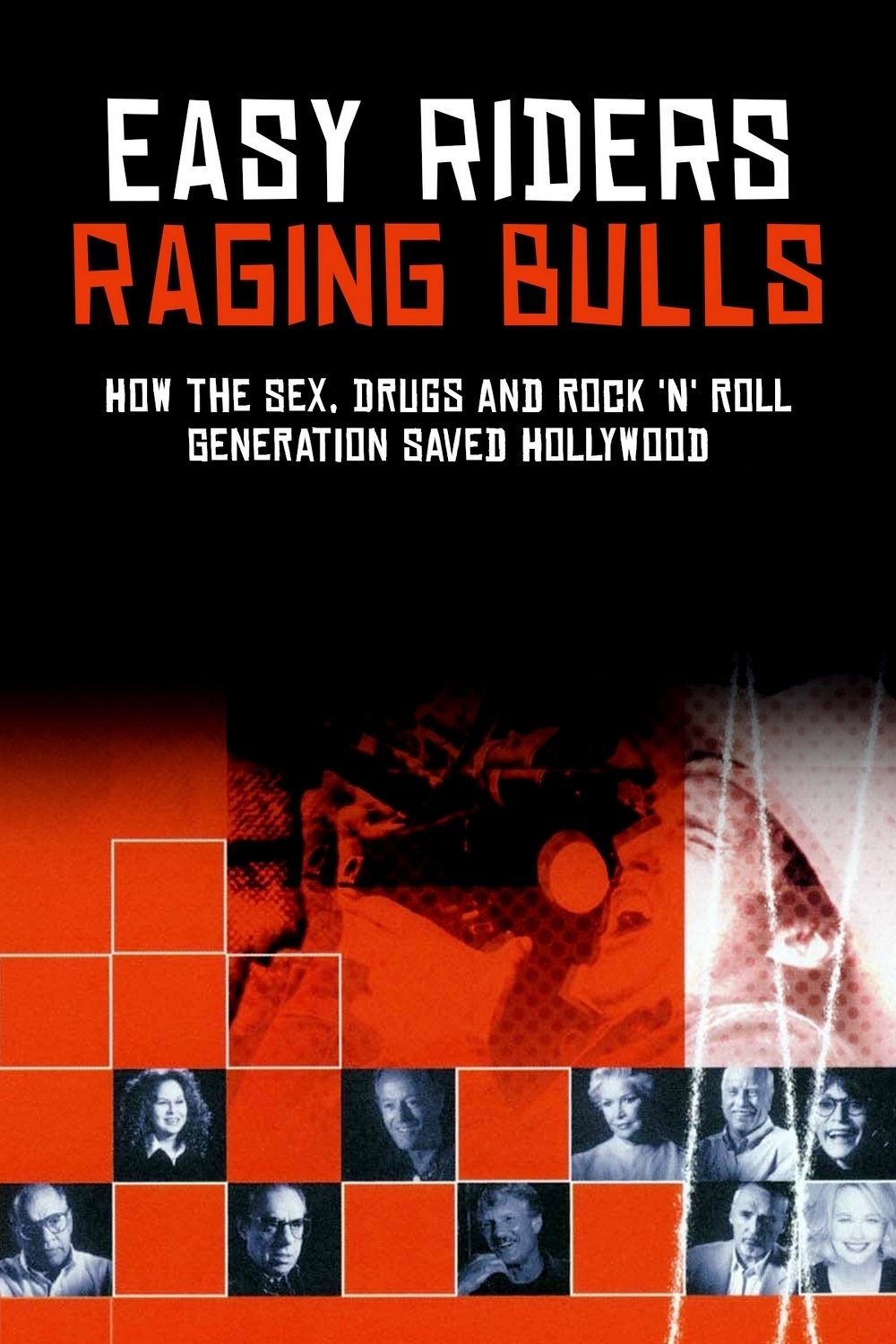
The chronicle of the mind-blowing journey that was Hollywood during the seventies; the true and gripping story of the last golden age of American cinema, an exalted celebration of creativity and experimentation; but also of sex, drugs and rock 'n' roll: a turbulent and dark tale of ambition, envy, betrayal, hatred and self-destruction.
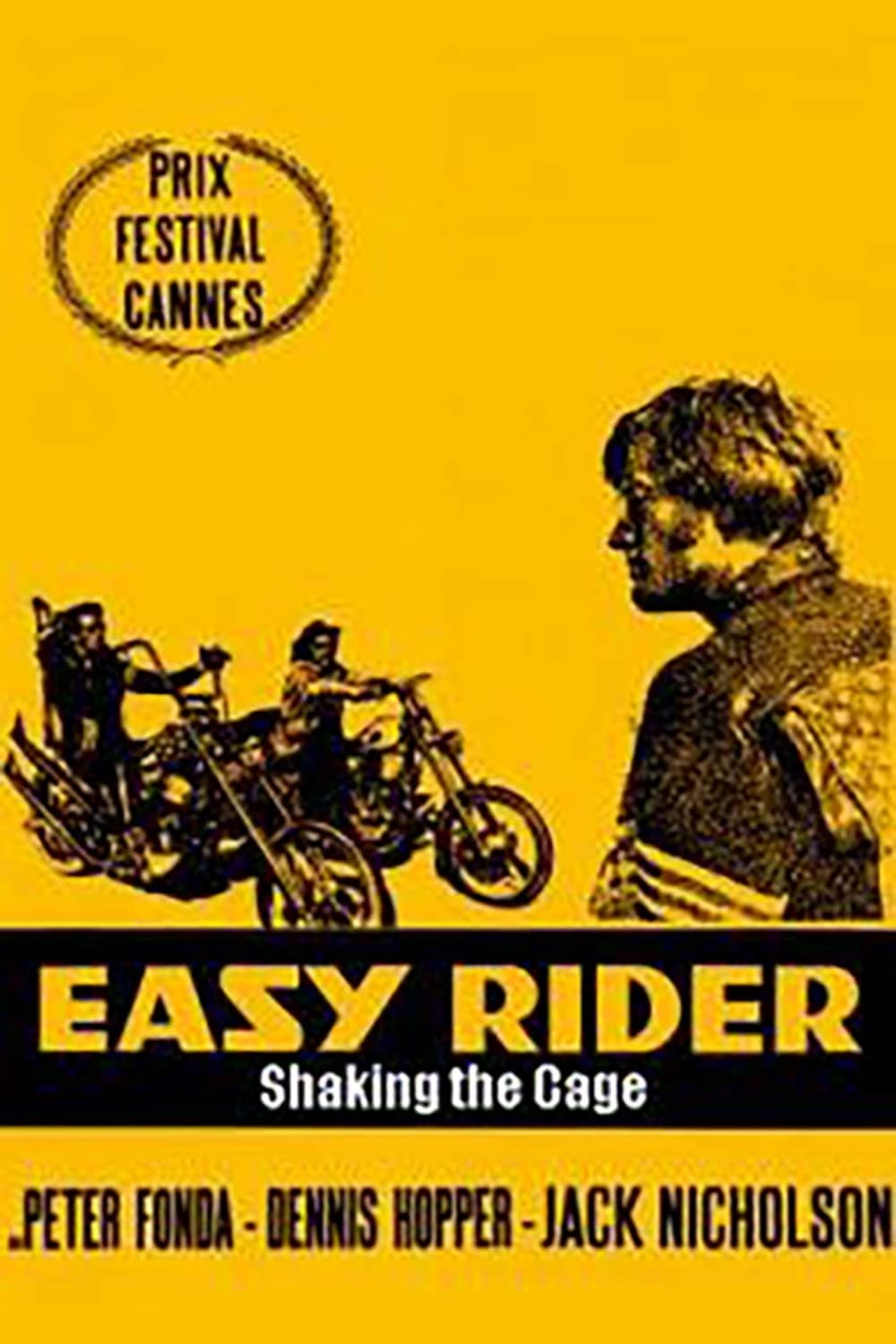
Documentary about the making and history of the film "Easy Rider."
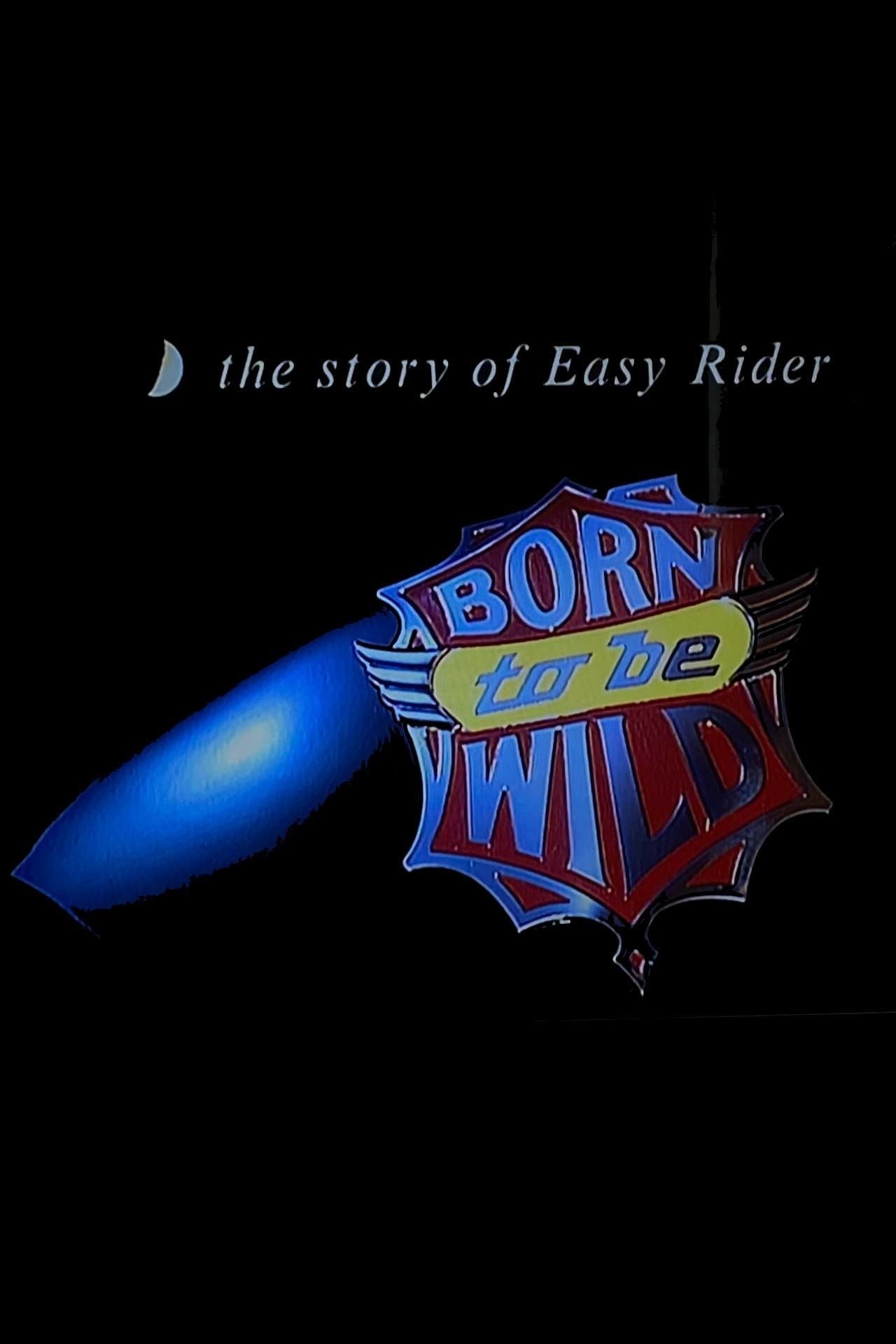
This documentary about Easy Rider was created by Nicholas Freand Jones and first aired on BBC2 in December 1995.
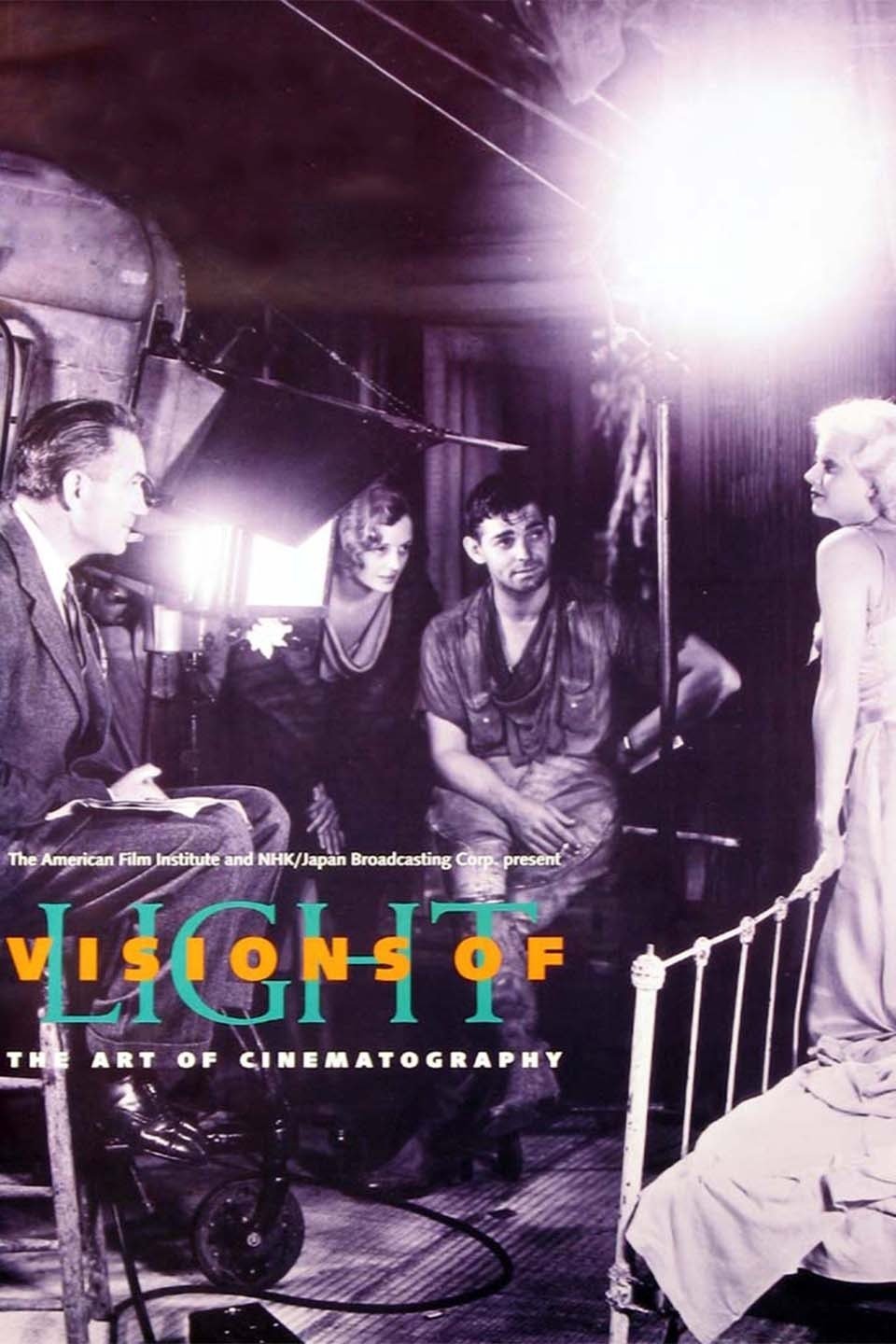
Cameramen and women discuss the craft and art of cinematography and of the "DP" (the director of photography), illustrating their points with clips from 100 films, from Birth of a Nation to Do the Right Thing. Themes: the DP tells people where to look; changes in movies (the arrival of sound, color, and wide screens) required creative responses from DPs; and, these artisans constantly invent new equipment and try new things, with wonderful results. The narration takes us through the identifiable studio styles of the 30s, the emergence of noir, the New York look, and the impact of Europeans. Citizen Kane, The Conformist, and Gordon Willis get special attention.
An intimate window into one of the great movements in film history that brought about an evolution in the art of cinema. The documentary portrays the movement with insight on the lives and works of Jean-Luc Godard, François Truffaut and other principal players in the New Wave.
László Kovács was a Hungarian cinematographer who was influential in the development of American New Wave films in the 1970s, collaborating with directors like Peter Bogdanovich, Richard Rush, Dennis Hopper, Norman Jewison, and Martin Scorsese.
By browsing this website, you accept our cookies policy.